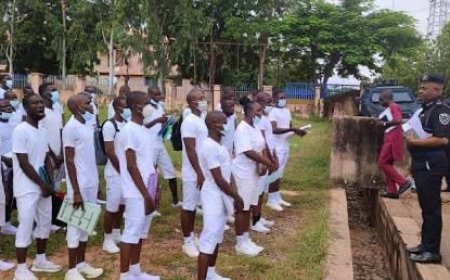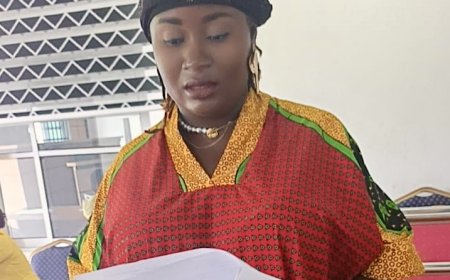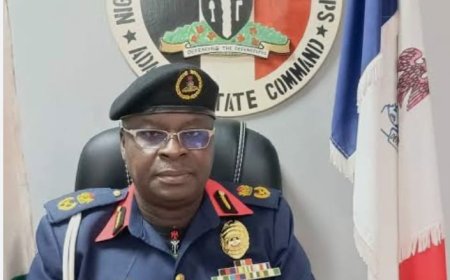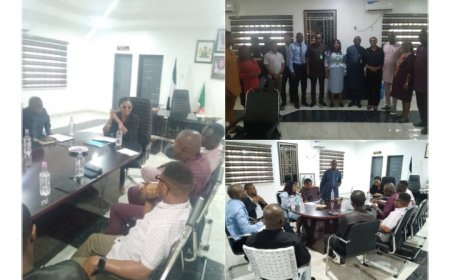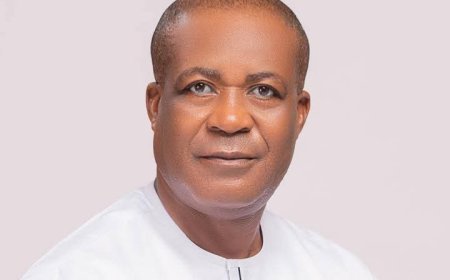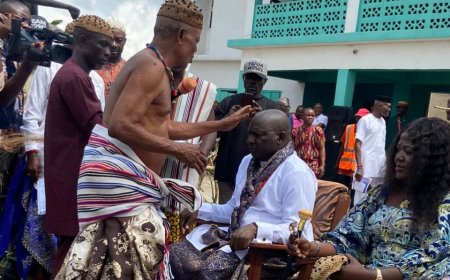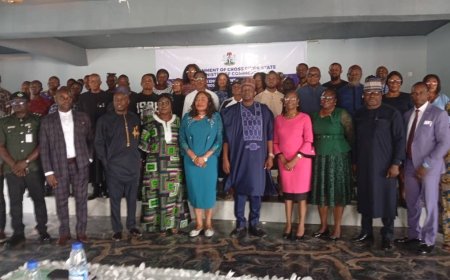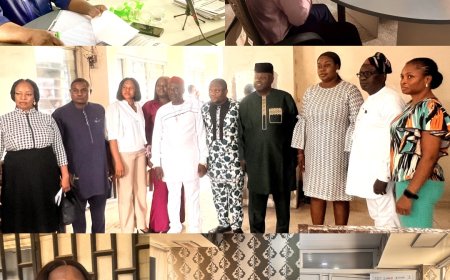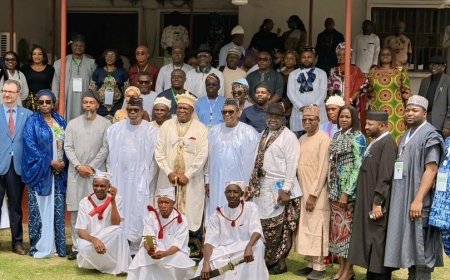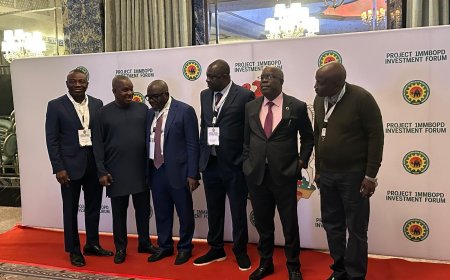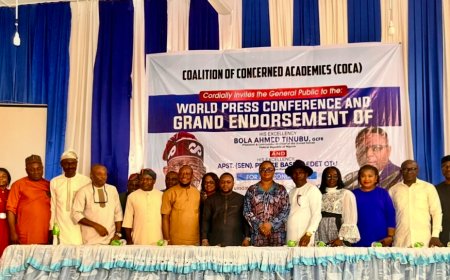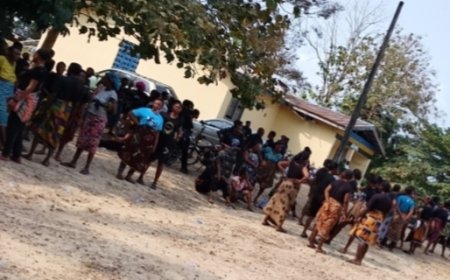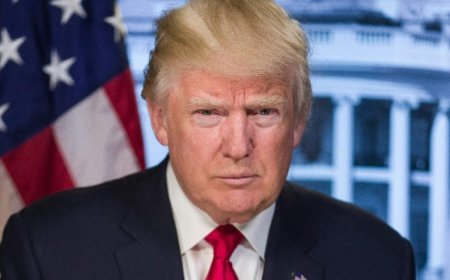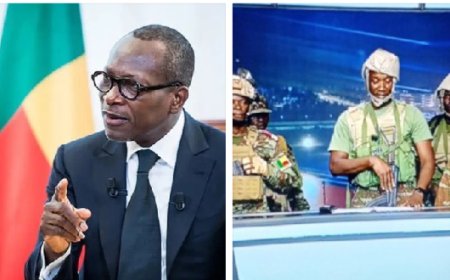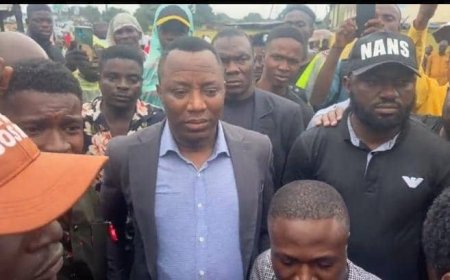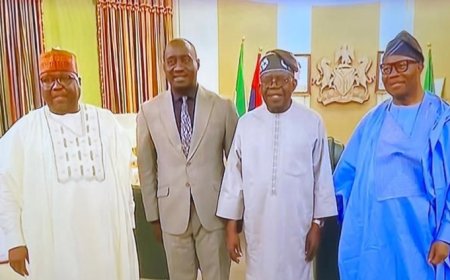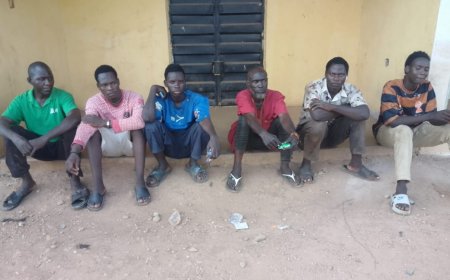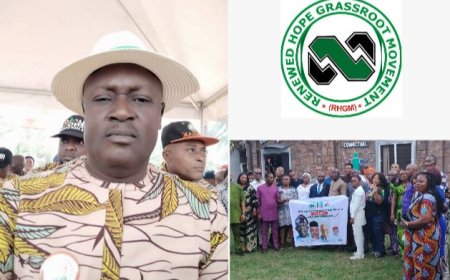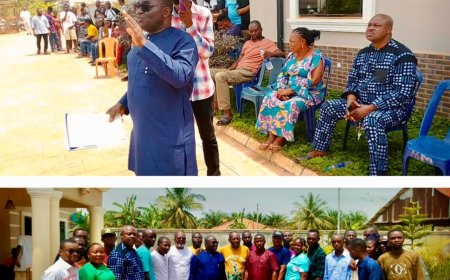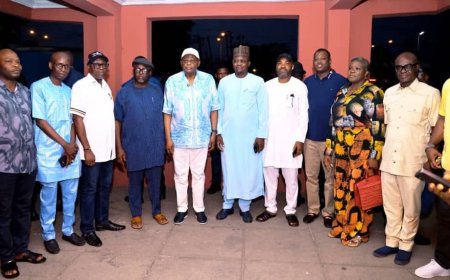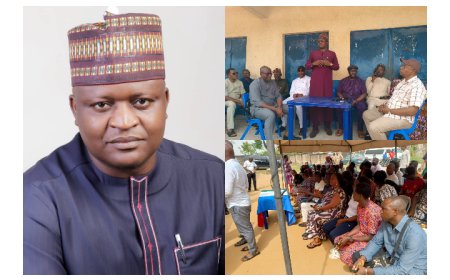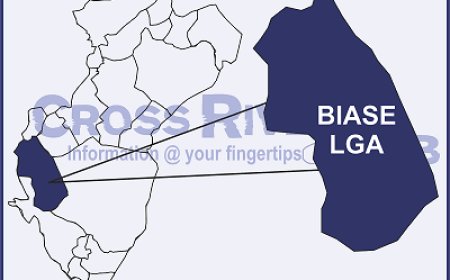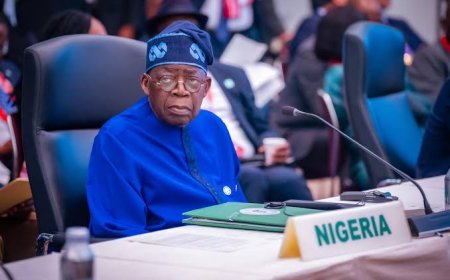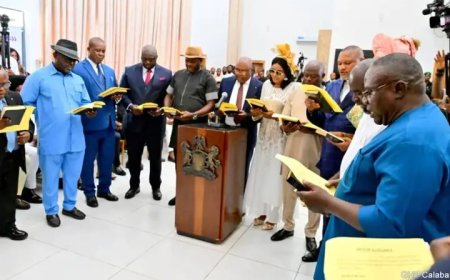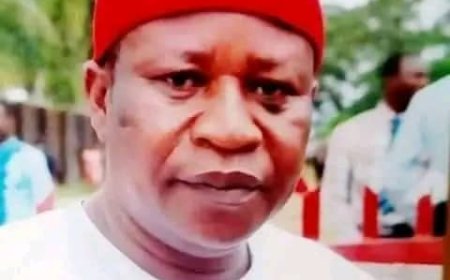WHY IS THE SUPREME COURT STILL SILENT ON THE RIVERS EMERGENCY RULE CASE?

By Anthony EKPO BASSEY
There’s a saying in Igbo tradition: “When the house is on fire, do you chase rats?” Nigeria today faces numerous trials, but some issues strike at the very heart of our constitutional democracy and must not be left to gather dust. One of such issues is the yet undecided case on the Emergency Rule in Rivers State, pending before the Supreme Court for far too long.
It is baffling that such a consequential case, which questions the scope of federal authority and the limits of constitutional power in a democratic setting, remains unresolved by the nation’s highest court. One must ask, in all modesty and patriotism: Why the delay?
This is not only a Rivers State affair. The issues at stake affect the very foundation of our federal structure, whether a duly elected state government can be undermined by federal declaration of emergency without strict adherence to constitutional provisions. The constitution, in Section 305, lays down clear procedures and conditions under which a state of emergency can be declared. To sidestep or dilute those safeguards is to erode the rule of law.
The Rivers Emergency Rule case directly challenges whether the federal government lawfully followed these procedures. The court has heard arguments. The country has waited. But the judgment remains elusive.
It calls to mind the Supreme Court’s own past courage, most notably, in Ladoja v. INEC (2007), where the justices ruled in favour of constitutional due process, reinstating a governor wrongfully removed from office. That decision, like a beacon, reinforced the judiciary’s vital role in checking political excesses. Why then has the court now chosen silence, when the stakes are just as high, if not higher?
As the late Justice Chukwudifu Oputa said, “The Supreme Court is not final because it is infallible, it is infallible because it is final.” That finality comes with an obligation, not merely to speak, but to speak on time. Justice, after all, does not expire in substance, but it does in relevance.
Each passing day without a verdict chips away at public confidence in the judiciary. The danger is not only legal uncertainty; it is political manipulation, opportunistic narratives, and the subtle normalisation of constitutional violations.
This is not an accusation. It is a call to duty. A plea made in quiet concern, not in anger. The court must know that its silence is not neutral. It reverberates across the country, shapes perceptions, fuel anxiety, and cast doubt on the very integrity of our federal arrangement.
One may be tempted to dismiss this delay as technical, procedural, or part of the court’s internal workings. But some matters, by their nature, demand urgency. As the proverb goes, “A stitch in time saves nine.” The longer the court waits, the heavier the burden becomes, not only on legal clarity, but on national cohesion.
It is not too late to act. In fact, the moment to act is now. To decide this case is to affirm the supremacy of the Constitution. To delay it any longer is to risk leaving a dangerous precedent: that the rules can be bent, and the courts will remain silent.
Let the Supreme Court rise once again to its noble height. Let it remind Nigerians that democracy has a guardian, that even in our deepest crises, the law still speaks.
For if the courts will not speak when it matters most, then who shall we turn to when it matters next?

